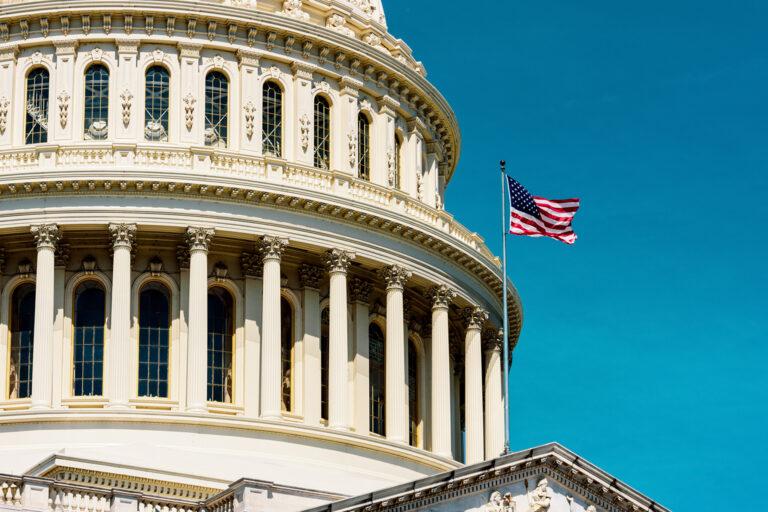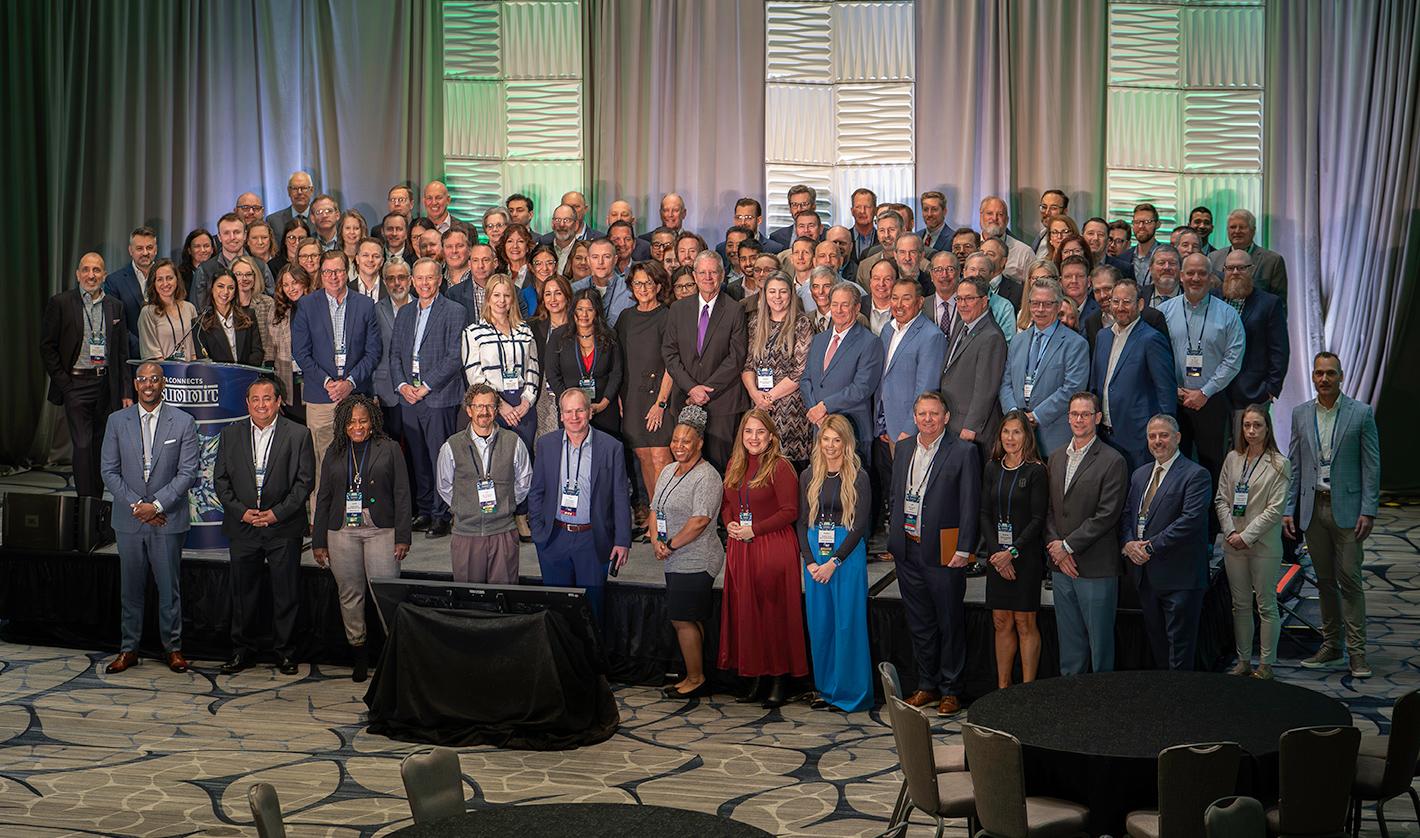- AdvocacyAdvocacy
We are the premier association delivering high-impact advocacy for independent broadband, video and communications providers.
Supporting Congressional Candidates that Drive Telecommunications
Connecting You to Congress!
- EducationEducation
We are the premier association delivering high-impact advocacy for independent broadband, video and communications providers.
Regulatory NewsClearinghouse PagesWhite PaperOther ResourcesACA Connects offers educational webinars for its members by providing expert-led sessions on regulatory updates and more. If you missed a live webinar or simply need to review, all past webinars can be found on our events page.
EducationWe are the premier association delivering high-impact advocacy for independent broadband, video and communications providers.
Regulatory NewsClearinghouse PagesWhite PaperOther Resources - Closing the GapsClosing the Gaps
Through self-funded initiatives as well as participation in government programs, ACA Connects Members are helping to ensure that all households in their communities can enjoy the benefits of broadband, regardless of income.
The series underscores the importance of letting ACAC Members explain local market challenges in their own voice, allowing them to connect with regulators and lawmakers in a personal and authentic way.
ACA Connects is pleased to join with Education Super Highway in supporting the K-12 Bridge to Broadband Program, a new initiative to help connect students to broadband for remote learning.
Closing the GapsThrough self-funded initiatives as well as participation in government programs, ACA Connects Members are helping to ensure that all households in their communities can enjoy the benefits of broadband, regardless of income.
The series underscores the importance of letting ACAC Members explain local market challenges in their own voice, allowing them to connect with regulators and lawmakers in a personal and authentic way.
The Affordable Connectivity Program is an FCC program to help households struggling to pay for internet service during the pandemic. This new benefit will connect eligible households to jobs, critical healthcare services, and virtual classrooms.
ACA Connects is pleased to join with Education Super Highway in supporting the K-12 Bridge to Broadband Program, a new initiative to help connect students to broadband for remote learning.
- News & MediaNews & Media
ACA Connects is an active participant in the legislative and regulatory process in Washington, D.C. The activities of ACA Connects and its Members are covered extensively by the media – print, electronic and digital.
ACA Connects Members are an important part of their communities. In addition to delivering reliable and affordable video and broadband services, they often lead initiatives that provide a helping hand to their neighbors and friends.
ICN is an all-digital magazine created by ACA Connects with content specifically curated for ACA Connects Members, including articles from ACA Connects Leaders, ACA Connects Member stories, insightful information from current Associate Members, and more.
News & MediaACA Connects is an active participant in the legislative and regulatory process in Washington, D.C. The activities of ACA Connects and its Members are covered extensively by the media – print, electronic and digital.
ICN is an all-digital magazine created by ACA Connects with content specifically curated for ACA Connects Members, including articles from ACA Connects Leaders, ACA Connects Member stories, insightful information from current Associate Members, and more.
- TIS 2025
- Summit
- Events
About ACA Connects

Across this country, communities participate in the digital revolution by receiving broadband, video, and phone services from approximately 500 independent operators represented by ACA Connects – America’s Communications Association.
ACA Connects Members operate in every state, offering next-generation Internet access, high-definition television, and digital phone service. Access to advanced communications is not a luxury but a critical necessity for consumers and companies, schools and hospitals. America’s economic prosperity in smaller markets and rural areas depends on the growth and success of ACA Connects Members, who believe a connected nation is a united nation.


ACA Connects asks lawmakers and regulators to ensure fair treatment so that independent operators may continue to supply affordable broadband, video, and phone services to Main Street America. Through active participation in the policymaking process, ACA Connects Members and leaders advocate for the interests of their customers, their companies, and their communities to help ensure the continued viability of their way of life in hometown America.
Since 1993, ACA Connects has represented independent operators before the U.S. Congress, Federal Communications Commission and other federal agencies, advocating for the interests of their customers, their companies, and their communities to help ensure the continued viability of their hometown’s way of life.
ACA Connects’ membership comprises of approximately 500 independent operators and municipalities in all 50 states, delivering affordable basic and advanced services, such as high-definition television, next-generation Internet access, and digital phone.
ACA Connects Members offer connectivity to 29.5M households, roughly 23% of all US households. This includes 5.9M households in rural communities (23% of all rural households). In the past seven years, our Members in aggregate have invested private capital to expand broadband coverage by almost 50%, bringing competition to roughly 10 million new locations, many of which are in harder-to-serve smaller towns and rural areas.
In total, there are about 31.9 million unique households in communities served by ACA Connects Members across the U.S. This includes more than one-quarter of all households located in rural areas, which the largest cable and telecommunications companies often forgo serving due to the added expense to build infrastructure in these areas.

To advance our advocacy and education efforts, we’ve brought together top industry professionals, experts, and business leaders. Every day, they are leading to ensure independent operators can continue to connect and serve their communities.
In order to accomplish our goals of advocacy and education, we have pulled together a group of the best and brightest of our industry! From our staff – who’s primary focus everyday is helping to support our members on legislative and regulatory issues, to our board – who’s guidance and direction enable us to keep our association moving forward, to our outside consultants – who provide advice and counsel in their areas of expertise, our ACA Connects team is positioned to provide unsurpassed representation of our Members on Capitol Hill and at the FCC!
ACA Connects honors outstanding members with prestigious awards that recognize excellence in areas such as dedication, innovation, leadership, community service, and industry advocacy.

Our History
In 2022, ACA Connects was again very active in advocating for laws, rules, and policies that benefit our Members, and we were successful in achieving our goals in a variety of proceedings. Click below to view ACA Connects’ biggest wins for our Members in Washington (and beyond) in 2022.
Across this country, small and rural markets participate in the digital revolution by receiving broadband, video, and phone services from more than 500 small and medium-sized independent operators represented by ACA Connects – America’s Communications Association.


